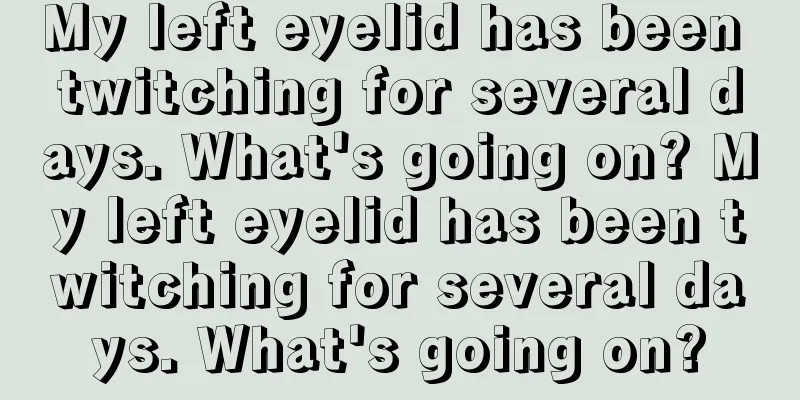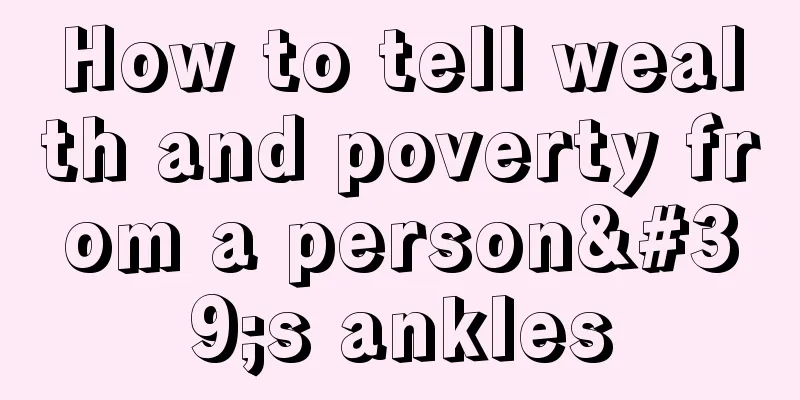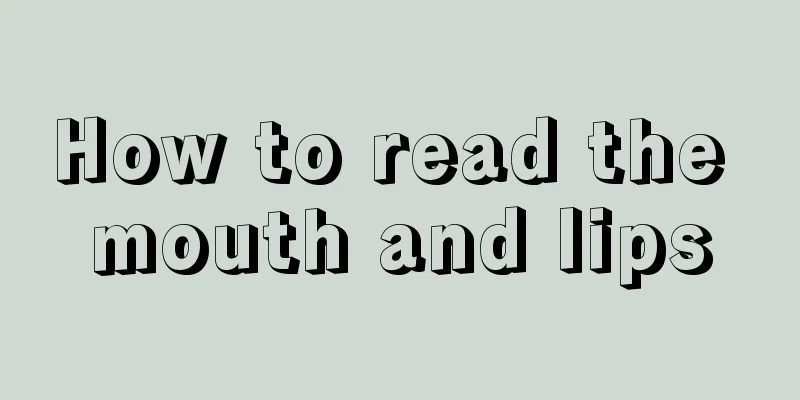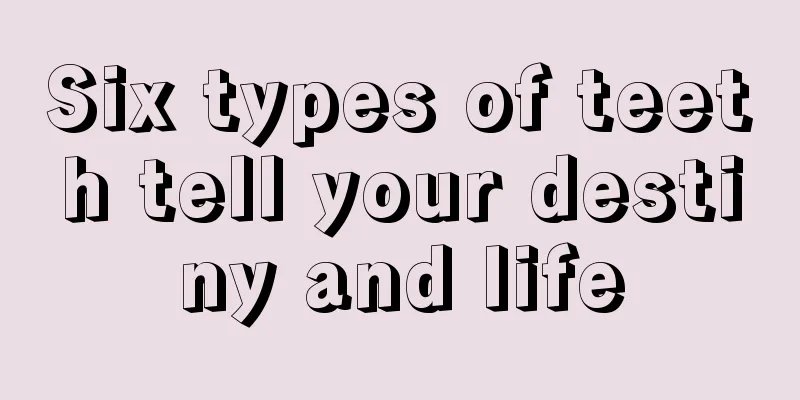FINRA fines Robinhood about $70 million

|
In a statement on Wednesday, FINRA said it had ordered Robinhood to pay a $57 million fine to the regulator and provide about $12.6 million in restitution to certain customers. FINRA said the trading platform caused "extensive and significant harm" to thousands of users and engaged in "systemic supervisory failures" as early as September 2016. “This is the largest penalty FINRA has ever issued, reflecting the scope and severity of Robinhood’s violations, as FINRA found that Robinhood provided false and misleading information to millions of customers,” said Jessica Hopper, Director of FINRA’s Division of Enforcement. Among the false information cited by FINRA, Robinhood is accused of misrepresenting margin trading, the amount of cash users had in their accounts on the app, the risk of loss on options trades, how much buying power users had, and information about margin calls. According to the regulator, “Robinhood neither admitted nor denied the allegations but agreed to enter into FINRA’s findings.” Regulators said the company was liable to pay $7 million in restitution to customers who reported erroneous negative cash balances in their accounts. The regulator cited 20-year-old Robinhood user Alexander Kearns, who committed suicide in June 2020 after his account had an erroneous negative balance of more than $730,000. In addition, FINRA ordered the trading platform to pay more than $5 million in restitution to users affected by Robinhood outages between 2018 and 2020, claiming that many users lost tens of thousands of dollars in trades that the platform was unable to execute during periods of huge market volatility. The fine paid directly to FINRA appears to be based on Robinhood's corporate policies and its apparent failure to provide customers with accurate market data. The regulator said that between January 2018 and December 2020, the trading platform did not report thousands of user complaints to FINRA after all of the above problems occurred. In addition, Robinhood's process for approving customers for options trading relied on algorithms rather than "company leaders." FINRA said this approach has led to thousands of users being approved who did not meet the company's eligibility criteria or whose accounts should have been flagged. FINRA's findings come as Robinhood is planning to move forward with its initial public offering (IPO). However, the company is currently under scrutiny by the U.S. Securities and Exchange Commission (SEC), which has reportedly caused the company to delay its plans to go public. Robinhood initially planned to launch its IPO this month, but has reportedly been delayed until July. |
<<: NFT breaking the circle: the love-hate relationship between opportunities and risks!
Recommend
Physiognomy: Overview of the Five Senses Diagram and Destiny
Physiognomy: Overview of the five senses, and how...
What does it mean when a man or woman has dimples?
Some people are born with dimples and some are no...
The U.S. Office of the Comptroller of the Currency has launched an innovative regulatory policy for startups that are researching blockchain and financial technology
U.S. banking regulators have unveiled a sweeping ...
What kind of face can bring wealth?
What kind of face can bring wealth? Click here to...
What is the situation of a woman's right hand love line forking?
In our lives, most of us have a love line, but no...
What kind of woman gets divorced?
Divorce is the end of a marriage and it puts an e...
Wu said weekly mining news: 0418-0424 US sanctions on Russian mining
1. According to the U.S. Treasury Department’s of...
What does the change of wisdom line in palmistry indicate?
What does the change of wisdom line indicate? Ana...
BTC is about to break, ETH is waiting for good news, is the bull market coming?
Don't worry about having no friends on the ro...
What fate does a mole in the parent palace show?
In physiognomy, the Sun and Moon corners are also...
Composability is the key to Bitcoin scaling
DEVCON1: Single Cell Design Model of Blockchain -...
Why Bitcoin is seen as a safe haven in an era of monetary uncertainty
According to The Guardian, Bitcoin usage has incr...
Trump once again supports cryptocurrency. Bitcoin surges. Someone precisely ambushed and made a profit. It is suspected to be a rat trade.
The cryptocurrency market is once again in an upr...
Hard-core analysis of blockchain (I): Is blockchain a shared database?
introduction In recent years, a lot of misunderst...
Facial features of becoming rich after marriage
Facial features of becoming rich after marriage M...









